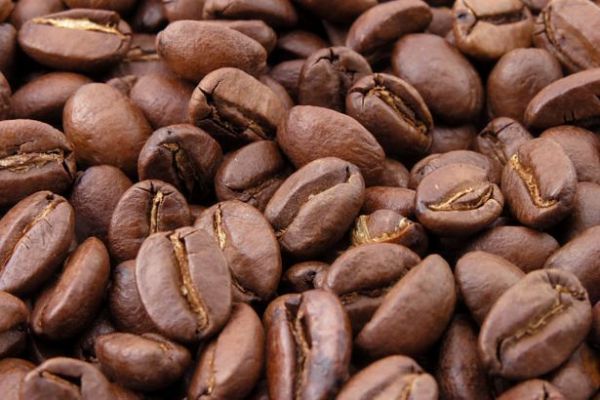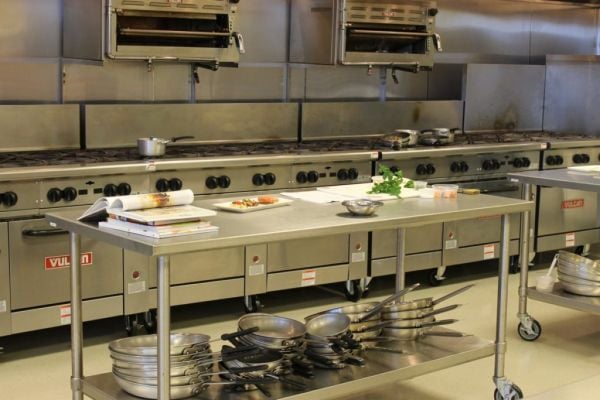Severe rains have flooded coffee fields and other crops in central eastern areas in Brazil, the latest in a climate roller-coaster for the nation's agricultural regions that has included devastating frosts and droughts.
More Than Four Times The Norm
The rains are more than four times the norm for regions north of Minas Gerais, the main coffee-producing area of Brazil. Unlike the other severe weather, however, the extra rain could ultimately improve soil conditions on coffee farms.
Drought, Frost And Rain
Brazil, the world's leading grower of coffee, suffered its worst drought in 90 years last year, followed by the strongest frosts in decades. In late December, rains killed more than 20 people in the northeastern state of Bahia, while a dry spell slashed the soy crop in the extreme south.
Eustaquio Gonçalves, who helps manage 460 hectares (1,136 acres) of arabica coffee in Pirapora, north of Minas Gerais, says rains since October have passed 1,000 millimeters (39.37 inches) in the area.
"We usually get less than that in the whole year," he said.
Reduced Production And Quicker Spread Of Diseases And Pests
Excess rain causes coffee berries, which are still green at this point, to fall, reducing production. They also prevent ideal crop care since machines cannot move about the trees, leading to quicker spread of diseases and pests.
Gonçalves estimates yields at the farm will fall to approximately 40 60-kg bags per hectare (2.47 acres) from earlier projections of 50 bags.
Entire Coffee Plantations Covered By Water
In some places, such as Taiobeiras, also in northern Minas Gerais, entire coffee plantations were covered by water that overflowed from the Pardo River, with farmers sharing pictures on social media site Instagram.
In those cases, entire harvests will be lost.
Improved Conditions In Areas Where Rain Was Severe
However, the extra moisture has improved conditions in other areas where the rain was less severe, including the main belt in South Minas Gerais, said coffee researcher Jose Braz Matiello.
"Most fields are in higher altitudes, so not prone to getting soaked," he said, adding that the added moisture would be very good for the 2023 harvest as well.
Fruit Development
Investment bank Itau BBA said that although the rains will not increase the amount of coffee berries, since the flowering stage is gone, they would help fruit development, increasing bean size.
Larger coffee beans mean farmers will need fewer beans to fill a bag, and they will be of a higher quality, and therefore more sought after by roasters.
"People usually overstate damage by rain. It normally benefits more than harms," said commodities analyst Shawn Hackett.
News by Reuters, edited by Hospitality Ireland. Click subscribe to sign up for the Hospitality Ireland print edition.









